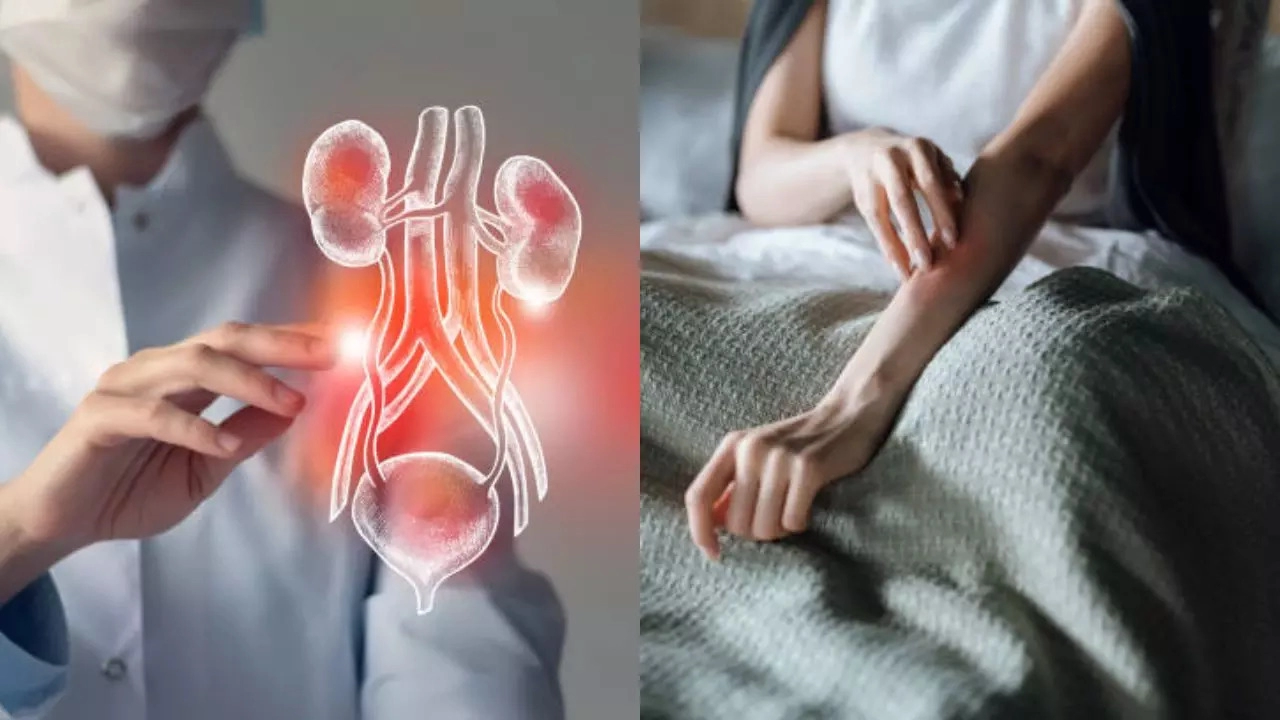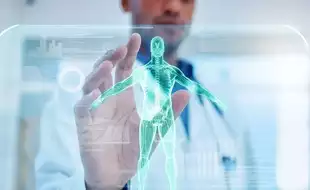Frequent Urination and 5 Other Serious Signs Of Kidney Damage You Must Not Ignore
Nov 06, 2024
News

If you are at risk for kidney disease due to high blood pressure, type 2 diabetes, a family history of kidney failure, or if you are older than 60 years of age, it is important to get tested annually
More than 850 million people across the world have some form of kidney disease – and most don’t even know they have it. According to experts, there are a number of physical signs of kidney disease, but many times people attribute them to other conditions.
Doctors say those with kidney disease do not experience symptoms until the very late stages, when the kidneys are failing or when there are large amounts of protein in the urine. And those who do have symptoms do not take them seriously – leaving only 10 per cent of people with chronic kidney disease know that they have it.
If you are at risk for kidney disease due to high blood pressure, type 2 diabetes, a family history of kidney failure, or if you are older than 60 years of age, it is important to get tested annually.
Signs of kidney disease you must not ignore
To find out if your kidneys are in danger, do take note of the following signs:
Frequent urination
Many people who have kidney trouble or disorders like interstitial nephritis or kidney damage resulting from sickle cell anemia, may have an issue of urinating excessively because these disorders decrease the amount of fluid reabsorbed by the kidneys.
Doctors say this frequent urge to go can disrupt your sleep and leave you feeling exhausted.
Dry and itchy skin
When your kidneys are healthy, they perform many important jobs – from removing wastes and extra fluid from your body to helping make red blood cells, keeping bones strong, and working to maintain the right amount of minerals in your blood. And so, dry and itchy skin can be a sign of the mineral and bone disease that often accompanies advanced kidney disease, or when the kidneys are no longer able to keep the right balance of minerals and nutrients in your blood.
Foamy and smelly urine
If you notice your pee is excessively bubbly with smell, especially when you have to flush several times before the foam goes away, it may indicate protein in the urine. This foam may look like the foam you see when scrambling eggs, as the common protein found in urine, albumin, is the same protein that is found in eggs.
Swelling in ankles and feet
Doctors say when your kidney function decreases, it leads to salt retention, causing swelling in your feet and ankles. Swelling in the lower extremities can also be a sign of heart disease, liver disease and chronic leg vein problems.
Muscle cramps
As your kidney disease progresses, you may notice an increased duration of painful muscle cramps – which according to experts, happen due to electrolyte imbalances.
Low calcium levels and poorly controlled phosphorus contribute to muscle cramping.
Less energy and trouble concentrating
Doctors say your kidney function decreases due to a buildup of toxins and impurities in your blood, making you feel tired, fatigued and weak all the time. It also makes it hard to concentrate on any chore.
Get Latest News Live on Times Now along with Breaking News and Top Headlines from Health and around the world.



